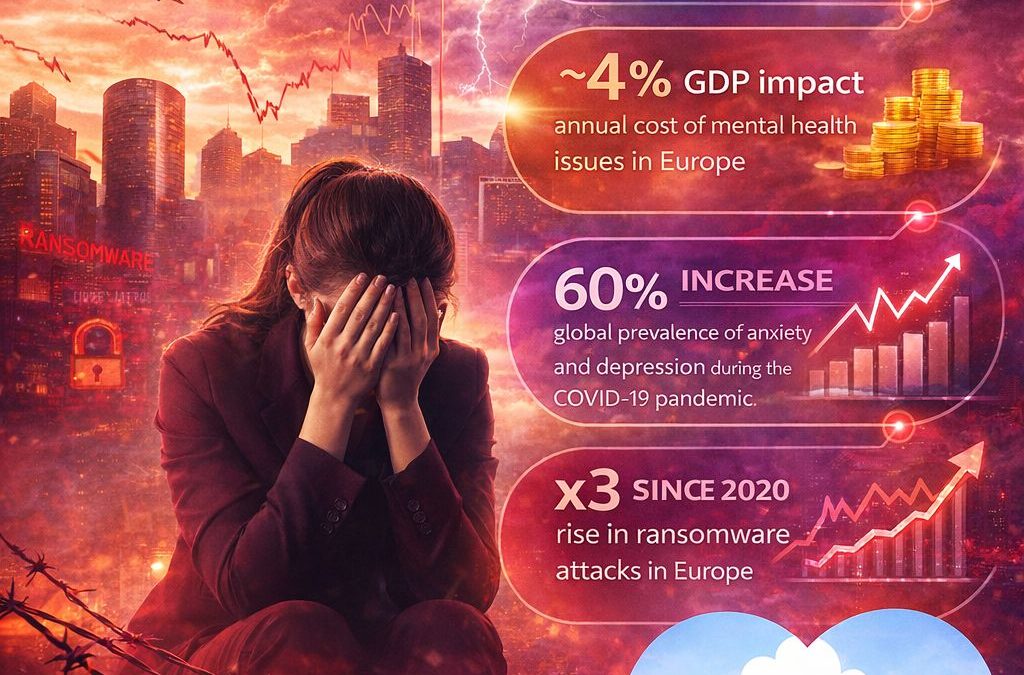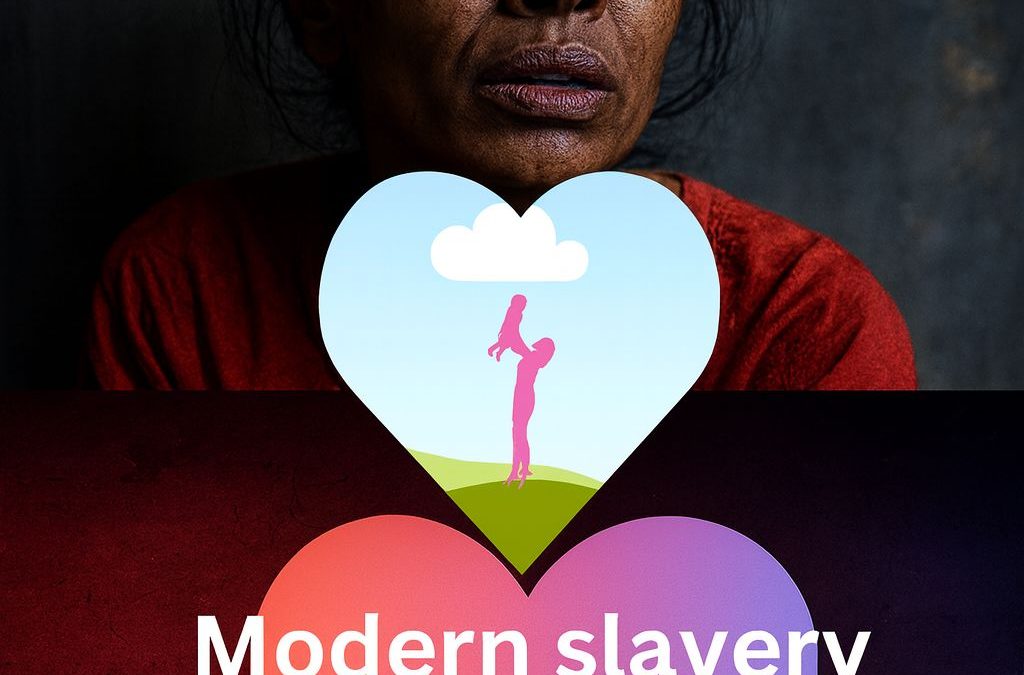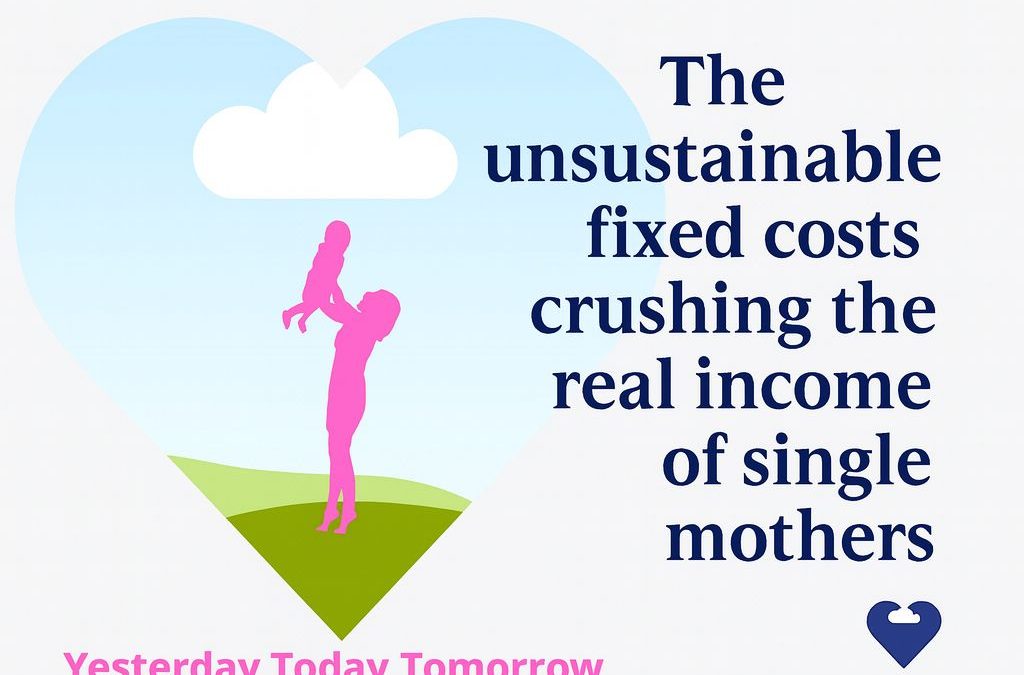
by Natalija Riabko | Jan 11, 2026 | All Rights Reserved, Economic Fragmentation, ESG Criteria, Human Capital, News, News of the day, Sustainable Growth, Women For Sustainable World Project, Yesterday Today Tomorrow
Prologue: The Contemporary European Paradox The European Union is currently facing a profound structural tension. On the one hand, it claims a socio-economic model grounded in the protection of human dignity, social cohesion, and quality of working life. On the other,...

by Natalija Riabko | Dec 23, 2025 | All Rights Reserved, Article, Economic Marginalization of Women, News, News of the day, Women For Sustainable World Project, Yesterday Today Tomorrow
At the end of 2025, major macroeconomic aggregates present a paradoxical picture: global unemployment rates remain relatively low, and labor markets are recovering in many countries. Yet deep fractures are widening between social groups, particularly among those...

by Natalija Riabko | Dec 6, 2025 | All Rights Reserved, Article, Economic Marginalization of Women, Human Capital, News, News of the day, Women For Sustainable World Project, Yesterday Today Tomorrow
Modern slavery is not a metaphor; it is a statistical and economic reality that today exceeds, in scale and structure, the slavery of previous eras. What once relied on chains, markets and physical ownership now takes the form of fragmented supply chains, digital...

by Natalija Riabko | Nov 16, 2025 | All Rights Reserved, Article, Economic Marginalization of Women, News, News of the day, Women For Sustainable World Project, Yesterday Today Tomorrow
“WOMEN FOR SUSTAINABLE WORLD” PROJECT In European economic debates, policymakers often focus on the energy transition, industrial competitiveness, or fiscal strategy. Yet a silent phenomenon has emerged as one of the deepest and least visible social...

by Natalija Riabko | Oct 20, 2025 | All Rights Reserved, Economic Marginalization of Women, ESG Criteria, News, News of the day, Women For Sustainable World Project, Yesterday Today Tomorrow
Dawn has not yet risen over Europe’s rooftops. In the half-light of her kitchen, a mother silently calculates the month ahead, staring at a cup of coffee she has no time to finish. In the next room, a child is still asleep, his school bag resting against the wall like...

by Natalija Riabko | Oct 2, 2025 | All Rights Reserved, Article, Economic Marginalization of Women, News, News of the day, Women For Sustainable World Project, Yesterday Today Tomorrow
The way a society treats its mothers reveals its deepest truths. Where they are supported, trust circulates, children grow in stability, and economies find solid ground. Where they are neglected, everything begins to fracture: intergenerational poverty, declining...







